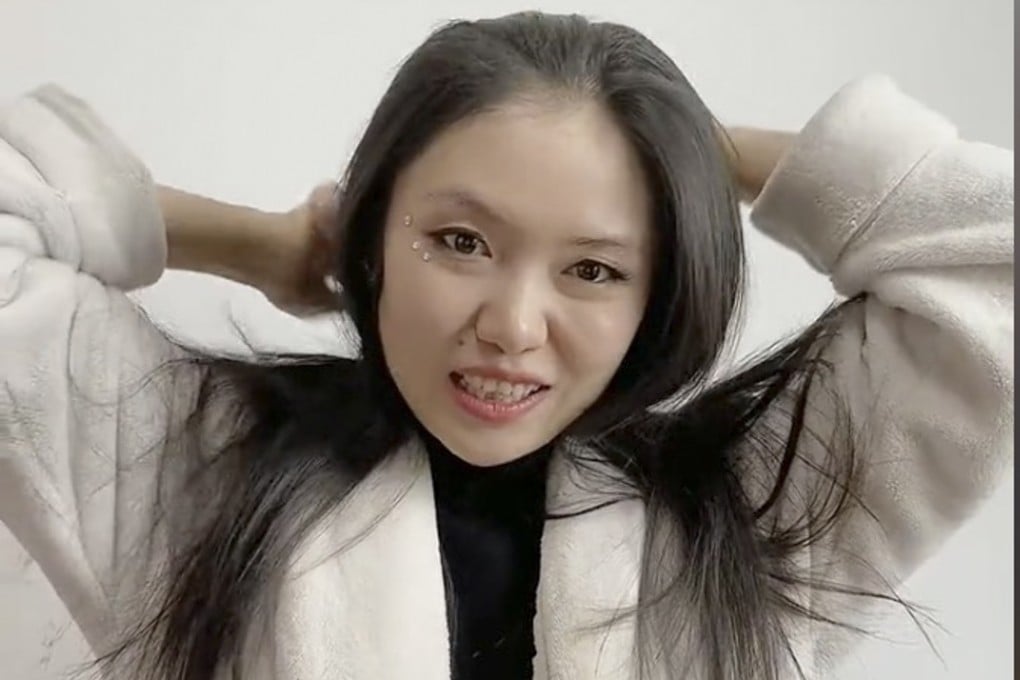Blind Chinese make-up artist teaches thousands of visually impaired women to apply make-up using sense of touch
- At 14, Xiao Jia began losing her sight, by the time she was an adult she had taught herself how to apply her own make-up, today she teaches others
- Using her sense of touch she feels the direction of false eyelashes, the texture of skin and facial features for where to apply different cosmetics

When blind woman Xiao Jia asked a passer-by for directions in a Beijing pedestrian tunnel seven years ago, the person assumed she was a scammer because of her perfectly applied make-up.
“How can you have trouble seeing things when you can apply make-up to your face?” she was asked. The stranger then laughed loudly and walked away.
It was then that Xiao became determined to become a professional make-up artist and teach other visually impaired women her skills.
“What’s wrong with wearing make-up when I can’t see? Not only will I wear make-up myself, I will teach more blind people how to do it,” she told herself.

Today, the 30-year-old woman has taught thousands of visually impaired women how to apply make-up through her online and face-to-face courses.